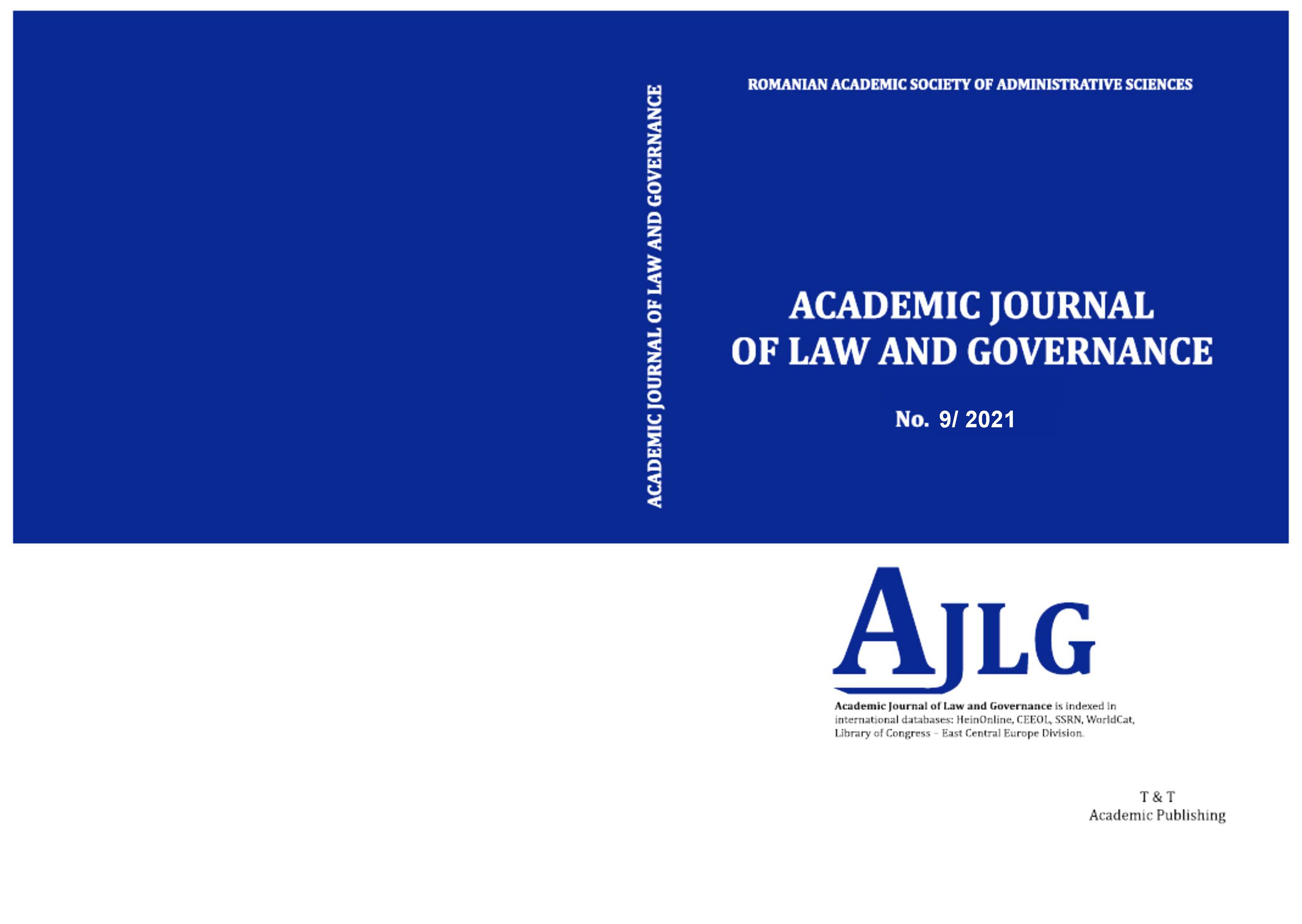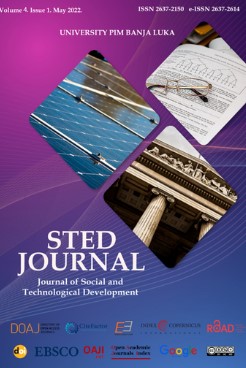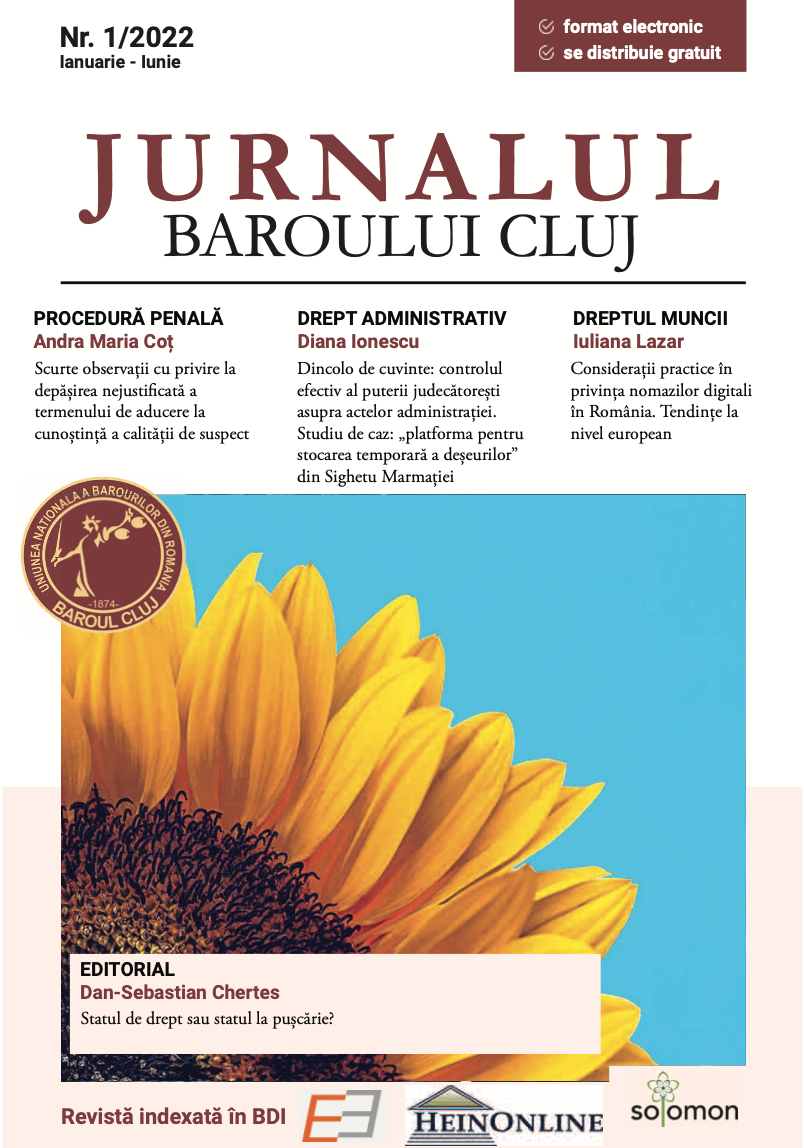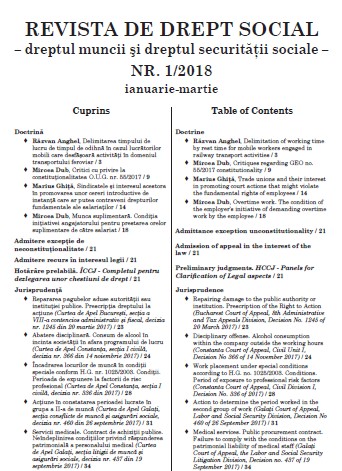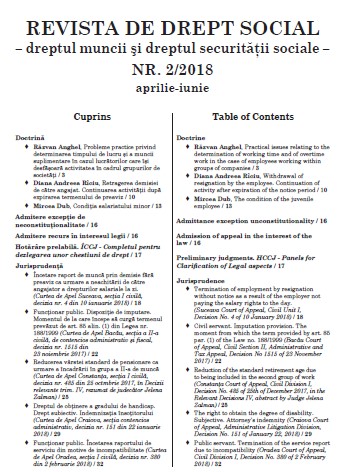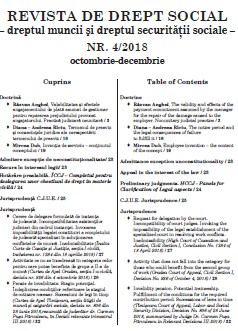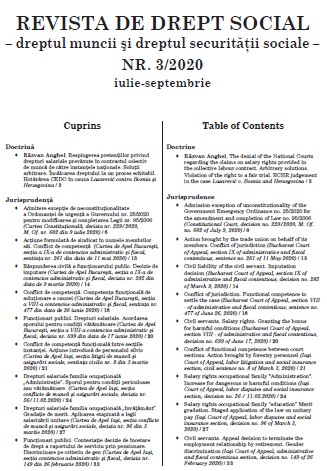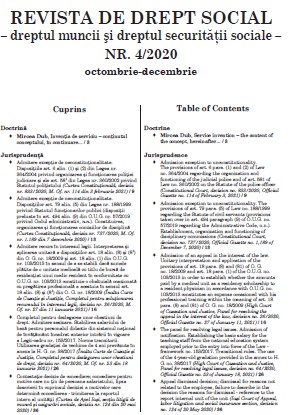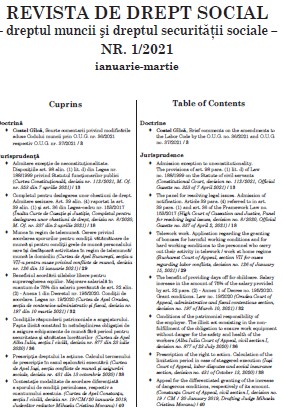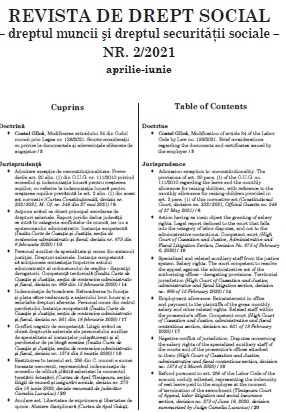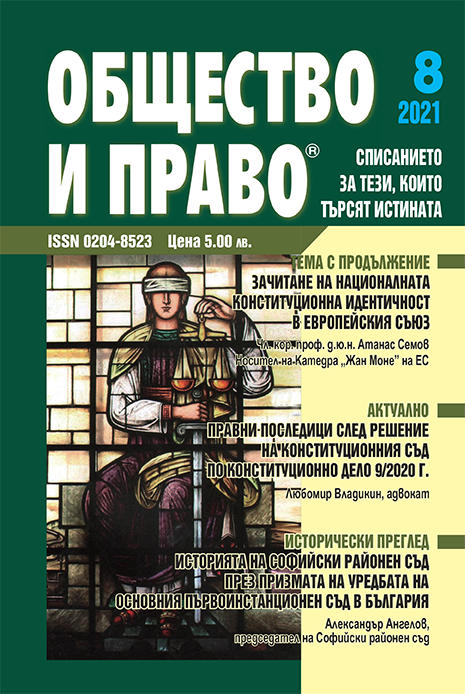
Правни последици след решение на Конституционния съд по конституционно дело 9/2020 г.
The article considers the legal consequences of declaring unconstitutional the provisions of § 5, para. 1- 4, § 6, para. 1 and 2, § 7 and § 8 of the Transitional and Final Provisions of the Law amending and supplementing the Bank Insolvency Act (promulgated SG, issue 22 of 2018, supplemented SG, issue 33 of 2019, in force from 19.04.2019), Art. 60a, para. 1 of the Bank Insolvency Act (promulgated SG, issue 22 of 2015, supplemented, SG No. 33 of 2019, in force from 19.04.2019), § 16 of the Act amending and supplementing the Bank Insolvency Act (promulgated SG, issue 61 of 2015, in force from 11.08.2015) and Art. 60b, para. 1, 2 and 3 of the Bank Insolvency Act (promulgated SG, issue 22 of 2018, in force from 16.03.2018), based on a decision on constitutional case 9 of 2020 of the Constitutional Court. Since this is a legal regulation, the absence of a law regulating the legal consequences results in the right of persons directly affected by these provisions to file a claim for damages against the state /tort/. The author of the article also comments on the applicable rule with regard to existing legal relations and those subject to pending court proceedings, in view of the provision of Art. 151, para. 2, third sentence of the Constitution. The article addresses the issue of the lack of restorative effect of the provisions in force before the law was declared unconstitutional.
More...
